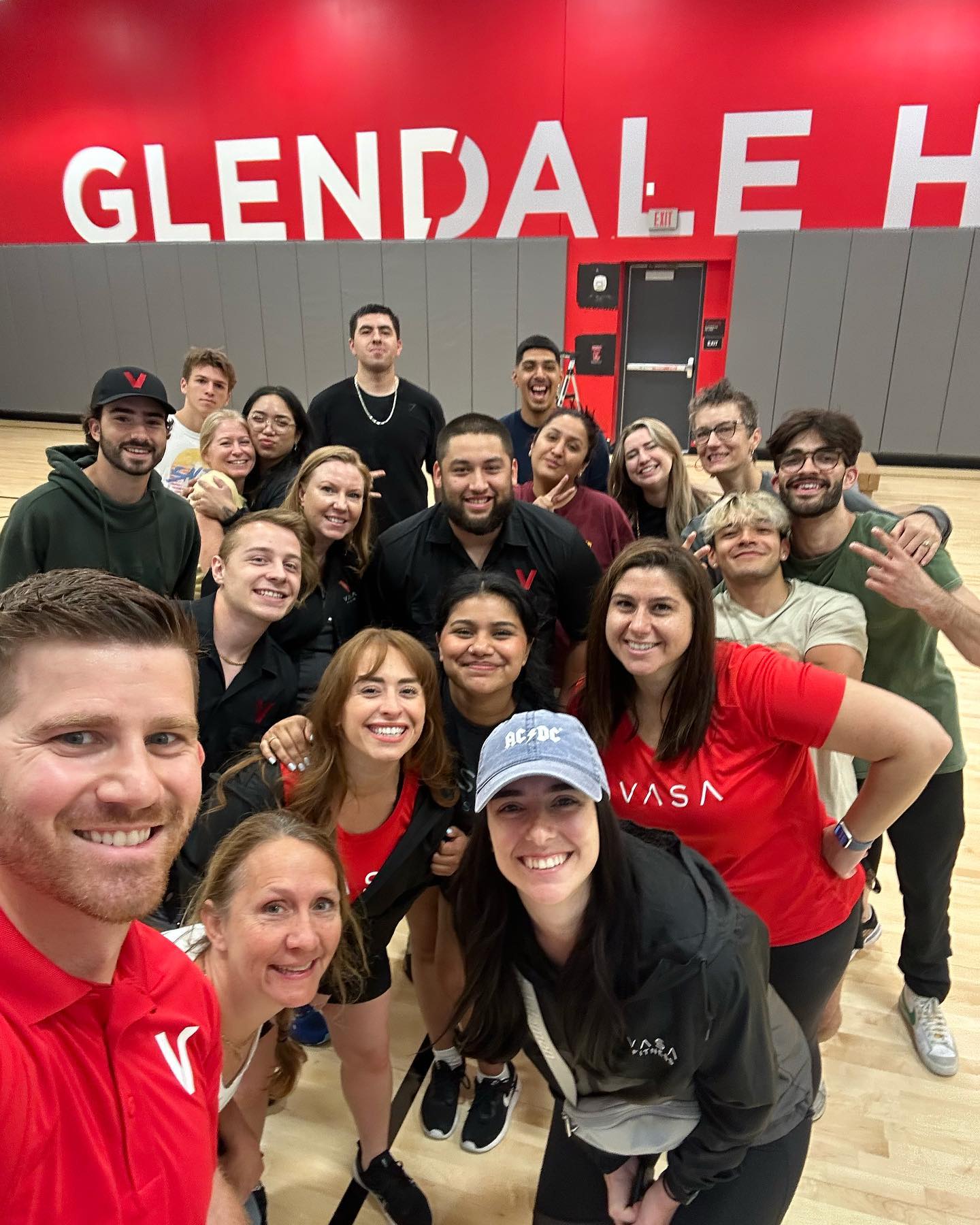What is the Purpose of Creatine?
If you’re serious about building strength, boosting power, and speeding up recovery, creatine is a supplement you should know about. Whether you’re lifting heavy, sprinting hard, or grinding through high-intensity training, creatine supplements help you train harder, recover faster, and perform better. Here’s everything you need to know to unlock its full potential—and why it belongs in your fitness routine.
What is creatine?
Creatine is a naturally occurring compound found in small amounts in foods like red meat and fish. Your body also makes it in the liver, kidneys, and pancreas. Once produced or eaten,, most of it is stored in your skeletal muscles as creatine phosphate, where it’s used for quick, explosive energy—the kind you need for heavy lifts, sprint intervals, and HIIT workouts. Think of creatine as extra fuel in your tank: it helps power short bursts of high-intensity effort, so you can lift heavier, sprint faster, and push harder when it matters most. It also helps with muscle recovery. Because of these reasons, it’s become a popular dietary supplement for those looking to enhance muscle growth. The effects of creatine supplementation include the following benefits.
Benefits of Taking Creatine Supplements
INCREASED STRENGTH AND POWER
Creatine boosts your body’s production of ATP (adenosine triphosphate), the main energy currency for high-intensity activities. More ATP means more power for those heavy squats, explosive deadlifts, and max-effort sprints—helping you lift heavier and perform better.
IMPROVED EXERCISE PERFORMANCE
Especially useful for short bursts of intense activity, creatine helps you work harder and longer by quickly replenishing ATP stores, keeping your muscles firing at full speed. Dietary creatine is a great option before working out.
ENHANCED MUSCLE GROWTH
Creatine supports muscle protein synthesis and increases cell hydration (drawing water into muscle cells), which can lead to bigger, fuller muscles and faster recovery. If you’re looking for healthy weight gain and muscle strength, oral creatine supplementation is a great option. It also helps reduce muscle breakdown during tough workouts, promoting better muscle gains over time.
FASTER RECOVERY
Intense training can take a toll on your muscles, but creatine helps by reducing muscle cell damage and inflammation. That means less soreness, faster recovery, and quicker turnarounds between workouts. Some studies also show it may help prevent muscle cramping. All of this can you build lean body mass.
BETTER BRAIN FUNCTION
Creatine isn’t just for your muscles—it may also benefit your brain. Some studies suggest it provides extra energy to the brain, helping with focus and cognitive performance, especially when you’re sleep-deprived or mentally fatigued.
SUPPORTS ENDURANCE IN HIGH-INTENSITY SPORTS
While it’s famous for explosive power, creatine can also support endurance during repeated high-intensity efforts. If your sport involves multiple sprints or intervals, creatine can help you maintain performance over the course of your training or competition.

Negative Effects of Creatine Supplements
Creatine is generally safe for most people, but you should talk to your doctor beforehand if you are pregnant or breastfeeding or have liver or kidney disease. The same is true for people with diabetes or bipolar disorder.
Some people may also experience symptoms such as excessive sweating, dizziness, nausea, and diarrhea. These can often be reduced or prevented by taking smaller doses.
Key Ingredients to Know
CREATINE MONOHYDRATE
- What it is: The most studied and proven form of creatine.
- Why it matters: It’s highly effective, cost-efficient, and well-supported by research for increasing strength, power, and muscle mass.
CREATINE ETHYL ESTER (CEE)
- What it is: Creatine attached to an ester to potentially enhance absorption and minimize bloating.
- Why it matters: Some users prefer CEE because it may cause less water retention, but studies show it’s not necessarily more effective than monohydrate.
CREATINE HYDROCHLORIDE (HCl)
- What it is: A highly soluble version of creatine, often marketed as being easier on digestion.
- Why it matters: It’s designed to reduce bloating and stomach discomfort, though research comparing it to monohydrate is still limited.
CAFFEINE (IN SOME FORMULAS)
- What it is: A powerful stimulant that boosts energy and endurance.
- Why it matters: Some creatine products add caffeine for an extra kick of energy, but keep in mind that high caffeine intake may slightly counteract creatine’s benefits.
BETA-ALANINE (IN SOME FORMULAS)
- What it is: An amino acid that buffers acid buildup in muscles, delaying fatigue.
- Why it matters: When combined with creatine, beta-alanine can help extend performance during activities that last slightly longer, like 1–2 minutes of high-intensity effort.
ELECTROLYTES
- What they are: Essential minerals like sodium, potassium, and magnesium.
- Why it matters: Electrolytes support hydration, muscle function, and help prevent cramping—especially during intense, sweaty workouts.
When Should You Take Creatine?
Consistency matters more than exact timing. Creatine works by saturating your muscles over time, so taking it daily is key—whether you’re training that day or not. Here’s a breakdown:
POST-WORKOUT (BEST OPTION):
- After your workout, your muscles are more receptive to nutrients.
- Take creatine with a meal or protein shake—ideally with some carbs—to help with absorption.
PRE-WORKOUT (OPTIONAL):
- Some athletes prefer taking it 30–60 minutes before training to ensure muscles are stocked.
- Works fine either way, as long as you’re consistent.
ON REST DAYS:
- Keep taking your usual dose, even when you’re not training.
- Best taken with a meal to help maintain high muscle creatine levels.

REVIVE Has You Covered: Creatine at VASA
At VASA Fitness, we’re all about helping you crush your goals—inside and outside of the gym. That’s why we offer a high-quality creatine product right inside your club at REVIVE, making it easy and convenient to pick up exactly what you need. Get started today with:
- Redcon BTS Creatine – Unflavored power and ready to pair with water or your favorite sports drink.
Creatine is one of the most researched and reliable supplements you can add to your fitness routine. It’s not just for bodybuilders or elite athletes—it’s for anyone who’s serious about getting stronger, recovering faster, and unlocking their full potential. With creatine from REVIVE, you can fuel smarter, train harder, and stay one step ahead in your fitness journey. Your strongest, most powerful self is just a few steps away.
RECOMMENDED
SUBSCRIBE TO OUR BLOG
Enter your email to start receiving our blog emails!









